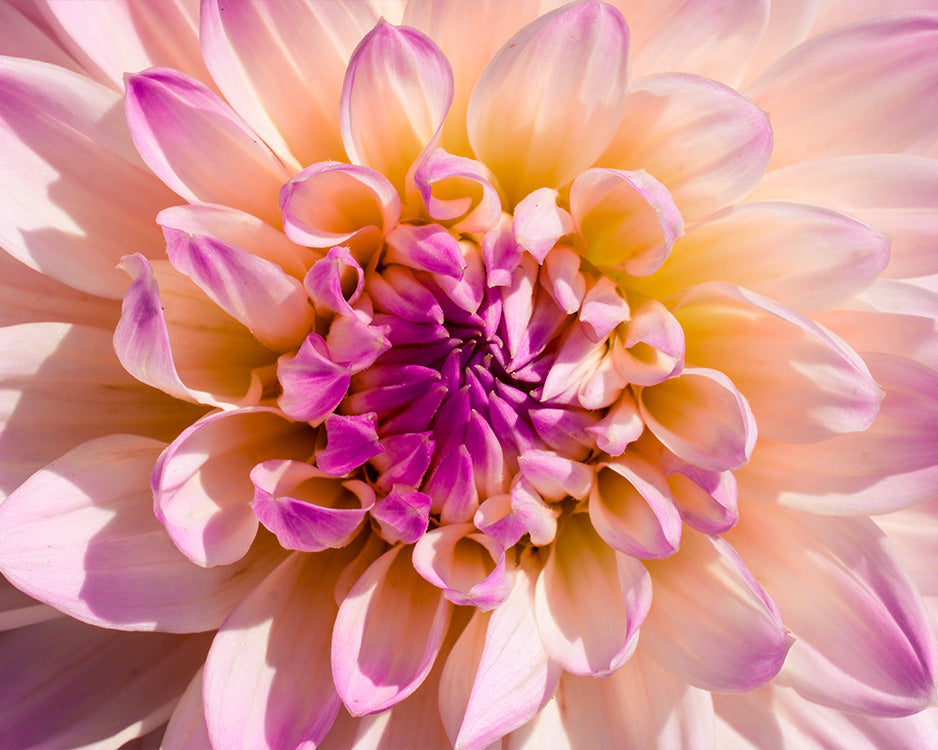
Blossoming Resilience: How Gardening Nurtures Your Mental Well-Being
Finding quiet and peace in an increasingly fast-paced and digitally linked society can be difficult. Modern life's demands frequently leave us feeling overwhelmed and mentally weary. One age-old practice, however, has been discovered to provide a soothing getaway, sustaining not only flora but also our mental well-being. Gardening, the act of caring for plants, digging in the dirt, and watching life develop, has been proven to have a significant impact on our mental health. In this post, we will look at how gardening might improve mental health and resilience.
Nature's Healing Potential
Nature has always been a source of healing and consolation for humans. Spending time in natural settings was recognized as healing by ancient cultures. We are becoming increasingly disconnected from nature, spending more time indoors, and connected to screens. Because of this divergence, there has been an increase in stress-related disorders, anxiety, and depression.
Gardening allows you to reconnect with nature on a more personal level. It allows for hands-on interaction with the land, the flora, and the changing seasons. Planting seeds, raising seedlings, and seeing them grow may be a very fulfilling experience. This interaction with nature has a calming effect on our minds, lowering tension and increasing mental well-being.
Stress management and mindfulness
Gardening is a fantastic way to practice mindfulness. When you're working in the garden, you're completely focused on the task at hand, whether it's weeding, pruning, or planting. This mindfulness practice helps to shift your focus away from worries and stressors and into the present moment.
Researchers discovered that gardening activities can result in a considerable decrease in cortisol, the stress hormone. Gardening actions that are rhythmic and repetitive, such as digging or watering, can generate a feeling of relaxation, lowering anxiety and boosting mental clarity.
A Sense of Achievement
Witnessing the benefits of your labor is one of the most enjoyable elements of gardening. You will feel a sense of accomplishment and pride as your plants develop and flourish. This sense of accomplishment is crucial for mental health and can help increase self-esteem.
Gardening allows you to establish and achieve minor goals, such as keeping plants alive, creating a lovely flower garden, or growing veggies. Achieving these goals can provide you with a feeling of purpose and direction, which is especially helpful when life feels chaotic or unclear.
Connection and social advantages
Gardening can also promote social relationships, which are important for mental health. Community gardens, in particular, provide a venue for people to gather, share their gardening experiences, and offer support to one another. These contacts can help to alleviate feelings of isolation and loneliness, which can be harmful to one's mental health.
Gardening may also be a family pastime that brings generations together. While spending time in the garden with their parents or grandparents, children can acquire important life qualities such as responsibility and patience. This bonding experience helps to enhance family bonds and gives a sense of belonging.
Beyond personal benefits, gardening can foster a sense of connection to the environment and promote eco-awareness. When individuals engage in sustainable gardening practices, such as composting, using organic fertilizers, and planting native species, they contribute to the health of the planet. This sense of environmental stewardship can enhance feelings of purpose and well-being.
Gardening is a therapeutic and transforming activity that can dramatically improve mental well-being and resilience. Gardening provides a holistic approach to healing mental health by engaging with nature, lowering stress, promoting mindfulness, and delivering a sense of accomplishment. Gardening can be a life-changing decision in an age when devices dominate our lives and stress is a familiar companion. Whether you have a large backyard, a little balcony, or just a few pots on a windowsill, you may reap the mental health advantages of gardening. So, roll up your sleeves, grab a trowel, and discover the transformative power of gardening—not only for your plants but also for your own health.





Leave a comment